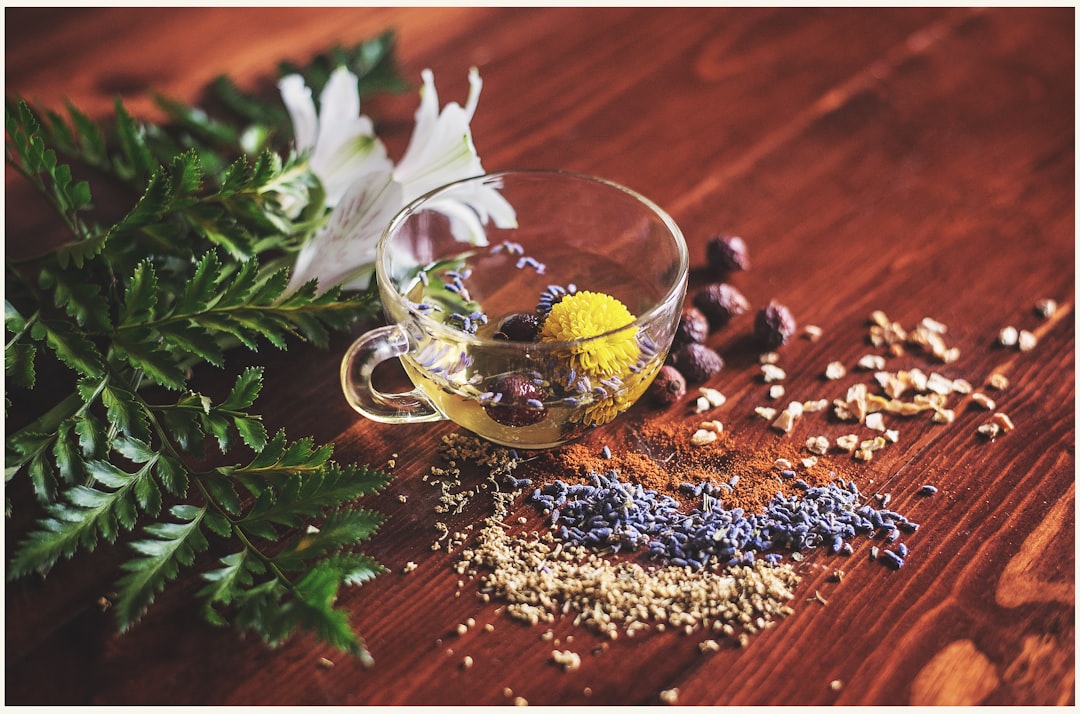Fennel Foeniculum vulgare
Part used - fruits (seeds) plus juice Root and dried plant as food
Volatile oils, phenylpropanoids phenolic acids flavonoids Fennel is high in vitamins C and A, calcium, iron, potassium, and varying amounts of linoleic acid.
Nutrients in fenugreek
Fenugreek is a rich source of dietary fibre, calcium, manganese, magnesium, phosphorus, potassium and zinc. It’s particularly high in iron. It is also a good source of vitamins B1 (thiamine), B2 (riboflavin), B3 (niacin), B6 and B9 (folate), as well as being a moderate source of vitamin C.
Uses
Aromatic stomachic, anti-spasmodic carminative, expectorant, galactagogue, and anti-microbial
Warming
Fenugreek can help with skin and coat problems. It can also act as a digestive aid and can help reduce the inflammation traditionally associated with arthritis. It’s also believed to be useful in helping to protect against diabetes and cancer.
Uses historically
Colic and gassy guts; cough and conjunctivitis or blepharitis
Studies show it is hypotensive & anti-inflammatory
Prevention of liver damage from toxins such as drugs
Gastro-Intestinal Tract: Moderate affect against Helicobacter pylori, relaxes smooth muscle and reduces peristalsis.
Respiratory Tract: -used for URT catarrh & coughs
Oestrogenic affects: the promotion of milk production,
Some reports of anti-cancer affects have been reported
Veterinary Indications
Colic flatulence, chronic cough, belly ache.
Contraindications - only the essential oil - avoid in pregnant animals
Drug interactions none proven but consult your veterinarian if medically dosing as with all herbs
Fennel seed represents an option for relief of gastric discomfort.
A cooled tea works very well for this purpose; one teaspoon of the dried seeds in 250ml (1 cup) of boiling water, steeped until cool. The tea can be fed at a rate 1/4 to 1/2 a cup vfor each 10kg of your dog’s body weight, or it can be added to his drinking water, as generously as he will tolerate.
Dried and Ground Herb (As on the right above from WarriorBullz) 25-200mg/kg tid i.e suggested dosage: 1/2 to 3/4 teaspoon per 10 kg two or three time daily
It is an especially good nutritional adjunct for dogs whose chronic indigestion cannot be attributed to a specific disease entity. Fennel also helps increase appetite, and freshens the breath – thanks to its antibacterial activity in the mouth and by minimising belching.
Fennel also has oestrogen-like properties, which may explain why the herb has been used for centuries to increase milk production in nursing mothers. Some herbalists find that fennel helps alleviate urinary incontinence in spayed dogs by acting on hormone imbalances that contribute to the problem.
The essence is: fennel offers many benefits for dogs and fennel seeds safe for dogs and cats.
Dosages - Medical Uses
Dried herb 25-200mg/kg tid if extracted and dried 3x for unprocessed
Tea 30g approx 1 teaspoon per cup (250ml) of boiling water steep until cool then give 1/4 to 1/2 cup per 10kg
A glycerin tincture also works very well, and allows the convenience of a smaller dosage for finicky animals; 10-20 drops (or more precisely, up to 0.75 ml) per 10kg of the animal’s weight, as needed.
Tincture 0.5 to 1ml per 10kg
References
Veterinary Herbal Medicine Wynn and Fougere
CITV
Herbs for Pets by M.L. Wulff-Tilford and G.L. Tilford, Natural Remedies for Dogs and Cats by CJ Puotinen



